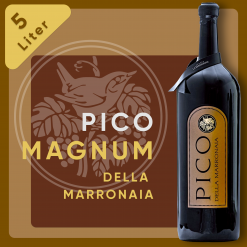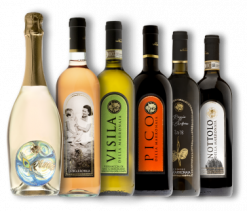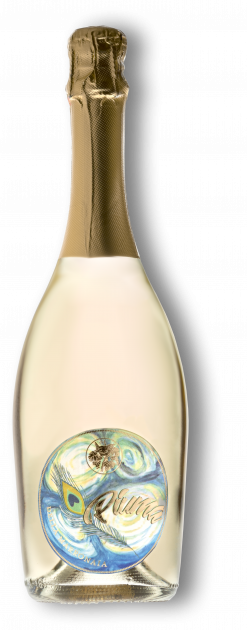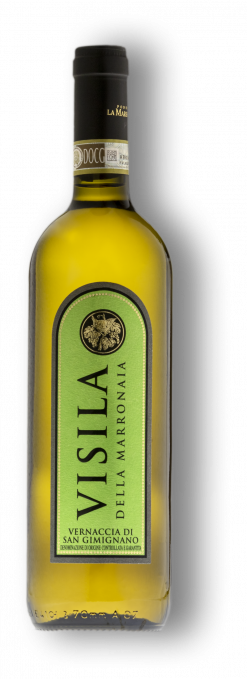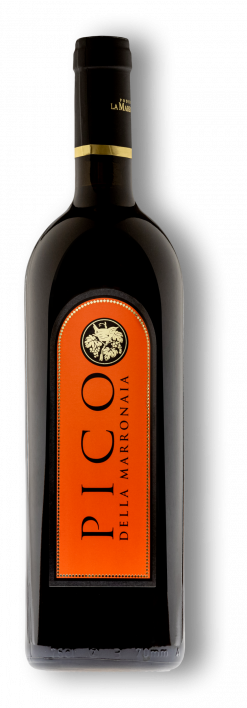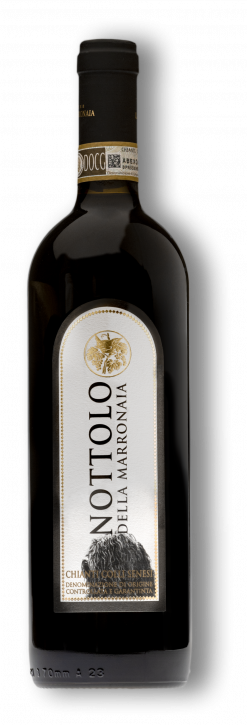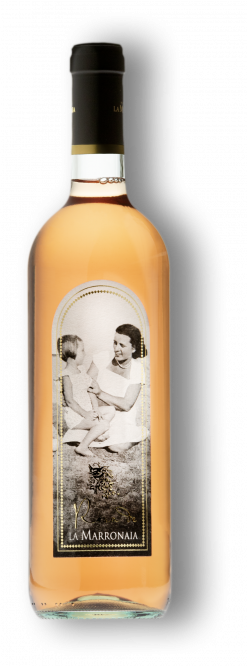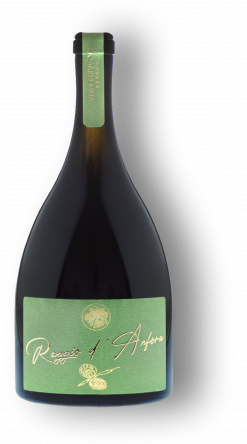Extra Virgin Olive Oil – The Olive Oil in the History

Source: Wikimedia
The Olive tree has a significant symbolic value. It’s the emblem of longevity, fertility, and maturity.
It was also a symbol of wealth, honor, and peace; its branches were used to crown winners during cordial plays and winners of bloody wars.
The oil from its fruits consecrated the noblest heads across history.
Omero called it “liquid gold” it has always been important nourishment for Mediterranean people, but it was also a medicine, a cosmetic, and a precious liquid during thousand rituals.
The origin of the olive oil story took place in the Middle East.
In Palestine were found the oldest olive oil mills; their origin was dated numerous millenniums before Christ. After that, thanks to Phoenicians, Greeks, and Carthaginians, the olive oil was diffused in Egypt, Crete, Attica, and all along the Mediterranean pond.
The Greeks introduced the olive oil in Italy, more or less in 1000 b.C. , and then were the Etruscans that started to grow olive trees and gave the name to this precious liquid that we can obtain from olives: from the Etruscan “ eleiva “ we got the Italian word “ olio “ (oil in English).
Athenians built their agricultural activities on wine and olive oil production, making them the center of their culture and civilization. Olive trees became this way, an essential part of the Greek economy.
Olive oil was considered by Athenians a luxury item; however, among the Athenian nobility, the usage was quite common. In the VI century, Magna Graecia’s colonies started competing against their motherland in quantity and quality. Then with the beginning of the Roman Era, new kinds of olive trees and further usage of the olive oil prevailed.
Romans then spread all along conquered countries different cultivation, squeeze, and preservation techniques of olive oil, which is why, over the centuries, olive groves became an essential characteristic of the Italian landscape.
Olive Oil Production
The first step to producing olive oil is to harvest olive trees.


Source: Podere La Marronaia
Usually, the harvest starts at the end of October/the first days of November.
It happens rigorously by hand; after that, we bring olives directly to the olive oil mill.


Source: Podere La Marronaia
Here the olives are separated from their leaves and washed.


Source: Podere La Marronaia
Here the olives are cold–pressed; this means that the olives pass through machinery that encourages them to obtain a mixture that has to be mixed up with cold water ( no more than 68 °F ).
The mixture after passes through a separator and then in a decanter.

Source: Podere La Marronaia
During this procedure, water and oil are divided, the oil goes through a tubing system, and it’s gathered in barrels.


Source: Podere La Marronaia
We have to leave it to relax for 7/10 days after it’s ready to be bottled.
During the bottling, we filter the olive oil; if you find some sediments in the bottle, it guarantees high-quality olive oil.
Beauty Tips with Extra Virgin Olive Oil
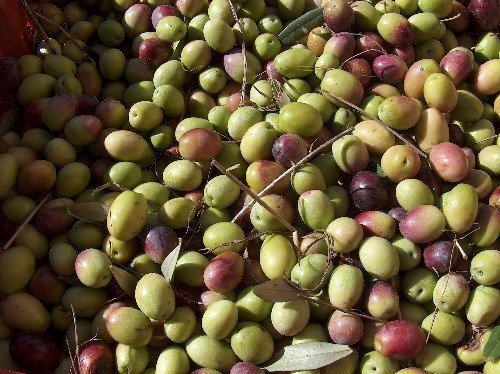
Source: Wikimedia
We know that extra virgin olive oil has a different kind of usage. It’s precious nourishment, and I assure you that here in Italy, we use it a lot in preparing our dishes.
But today, I want to give you a new method of using olive oil…
Guess What? It’s a miraculous substance also for your hair!!!
Here you have how to compose a super good mask if you have ruined hair!
You need:
- One egg yolk
- Two spoons of extra virgin olive oil
The juice of one lemon
Mix all the ingredients in a bowl.
Apply the mask to your dried hair before shampoo.
Leave the mask and relax for 10 minutes, covering your hair in a hot towel.
Wash them with shampoo, et voilà, they will be soft and silky!!



